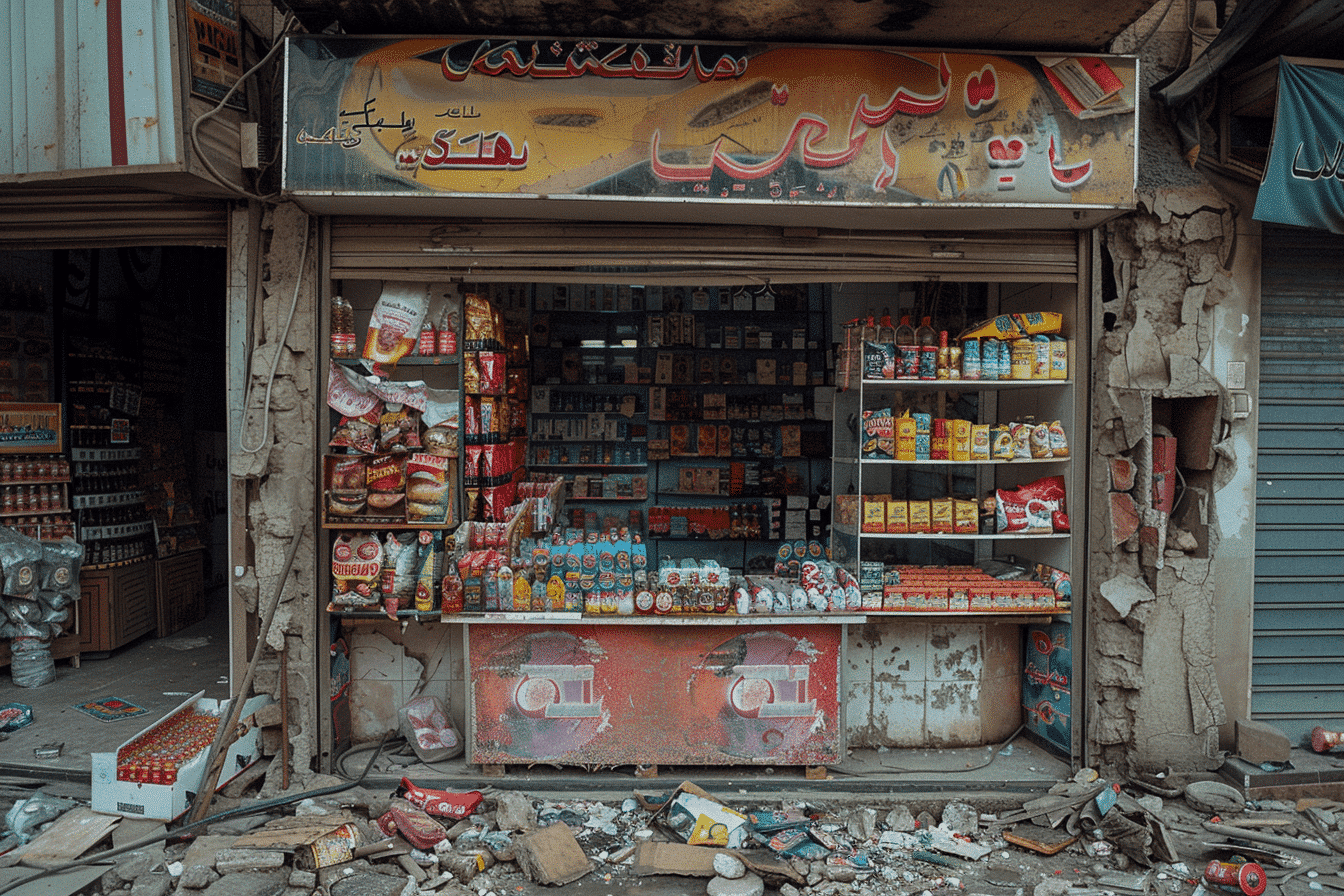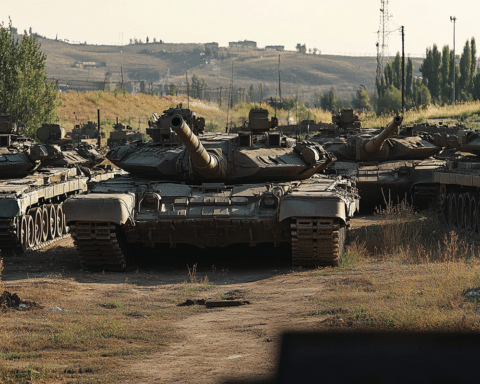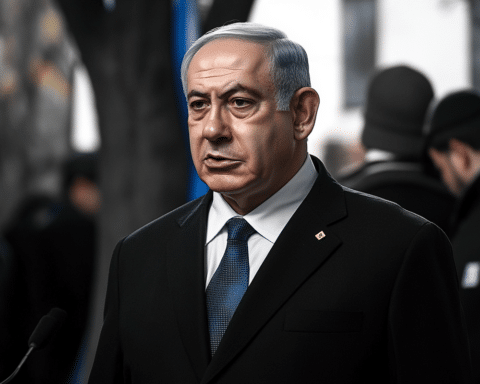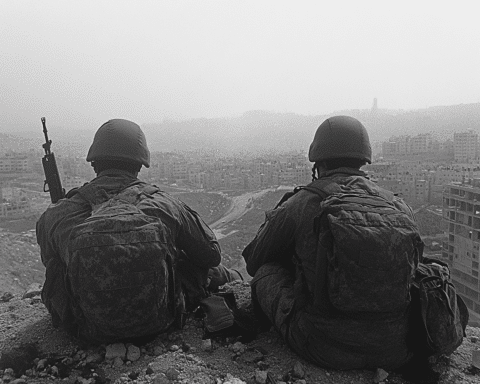Recent violent attacks on US-linked businesses in Baghdad have sparked significant concern amid rising tensions over the ongoing Gaza conflict. Masked men storming establishments like KFC and Lee’s Famous Recipe Chicken reflect the heightened anger among supporters of Iran-backed militias towards American interests in Iraq.
Rising Anger and Orchestrated Attacks
In a dramatic scene, a dozen masked men leaped out of SUVs and a pickup truck, smashing everything in sight at a KFC in Baghdad before fleeing. This vandalism, captured on security cameras, is part of a broader trend. Similar violence was reported at other American franchises, signaling a targeted effort to disrupt and intimidate.
These attacks, orchestrated by anti-American militias, underscore the growing resentment over the war in Gaza. “Our goal is to promote a boycott of American brands and deter their presence in the country,” confirmed two officials from Iran-backed militias, speaking anonymously.
Historical Context and Current Implications
The eight-month Gaza conflict has further strained Iraq’s delicate balance between US and Iranian influences. The war began on October 7, when Hamas militants stormed southern Israel, resulting in significant casualties and hostages. Israel’s subsequent military response has led to a devastating toll in Gaza.
In response, the Islamic Resistance in Iraq coalition launched attacks on US military bases, which ceased after a series of US retaliatory strikes. However, the recent targeting of US businesses marks a shift in tactics to inflame anti-US sentiment.
Public Protests and Militia Statements
The attacks have not been limited to violent acts. Protests have erupted outside US-linked companies like PepsiCo and Procter & Gamble, with demonstrators chanting against US and Israeli interests. “We want Iraqis to boycott products that support Israel,” said Essa Ahmad, a protest organizer, emphasizing their stance against violence.
Abu Ali al-Askari, spokesperson for Kataib Hezbollah, urged supporters to eliminate businesses seen as US or Israeli affiliates. Meanwhile, firebrand cleric Muqtada al-Sadr has called for the expulsion of the US ambassador, highlighting the political undercurrents driving these actions.
Economic and Political Ramifications
Political analysts believe these attacks are part of the longstanding US-Iran rivalry. Ihsan al-Shammari noted, “These attacks have political goals. They convey that any Western investment in Iraq cannot survive.” Renad Mansour of Chatham House echoed this sentiment, describing Iraq as a “playground” for US and Iranian influences.
Prime Minister Mohammed Shia al-Sudani must appease pro-Iran factions without alienating the US or jeopardizing foreign investments. Efforts to negotiate a reduction of US troops in Iraq reflect this precarious balance.
Government and International Response
The Iraqi government has arrested some suspects and is pursuing others involved in the attacks. However, militia figures warn that targeting the rioters could escalate the situation. US Ambassador Alina Romanowski condemned the attacks, stressing their impact on foreign investment. US State Department spokesman Matthew Miller added that these actions harm Iraqi workers and patrons, urging the Iraqi government to hold the perpetrators accountable.
The surge in violence against US-linked businesses in Baghdad highlights the volatile intersection of local and international tensions. As Iraq navigates its complex relationship with the US and Iran amid the Gaza conflict, the future stability of foreign investments and regional peace remains uncertain. “We are making significant efforts to safeguard investments and the progress achieved by the current government,” assured Iraqi security spokesperson Maj. Gen. Tahseen al-Khafaji emphasizes the need for a secure environment for investors.




